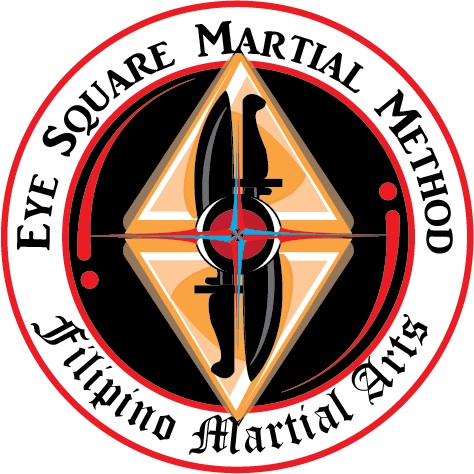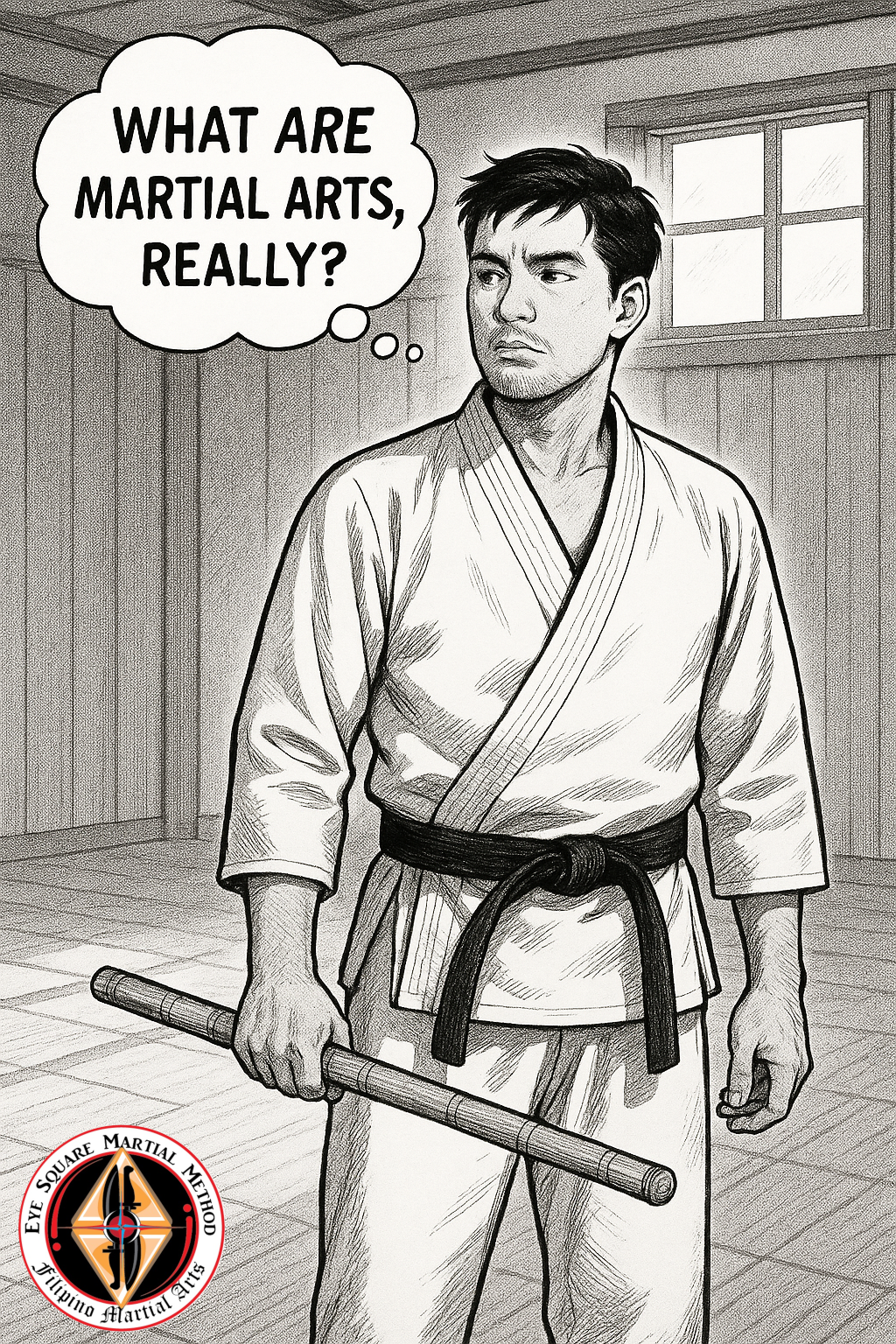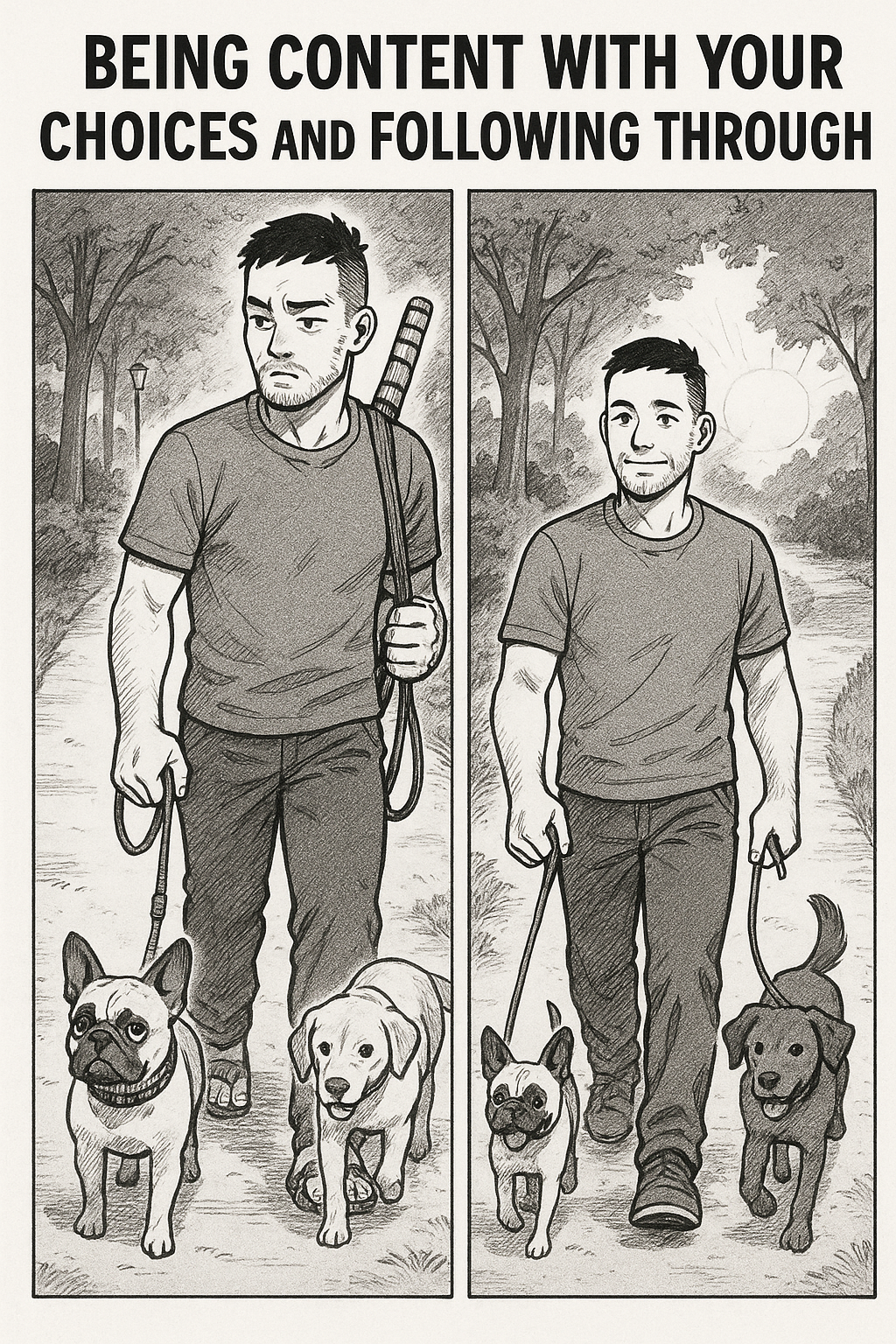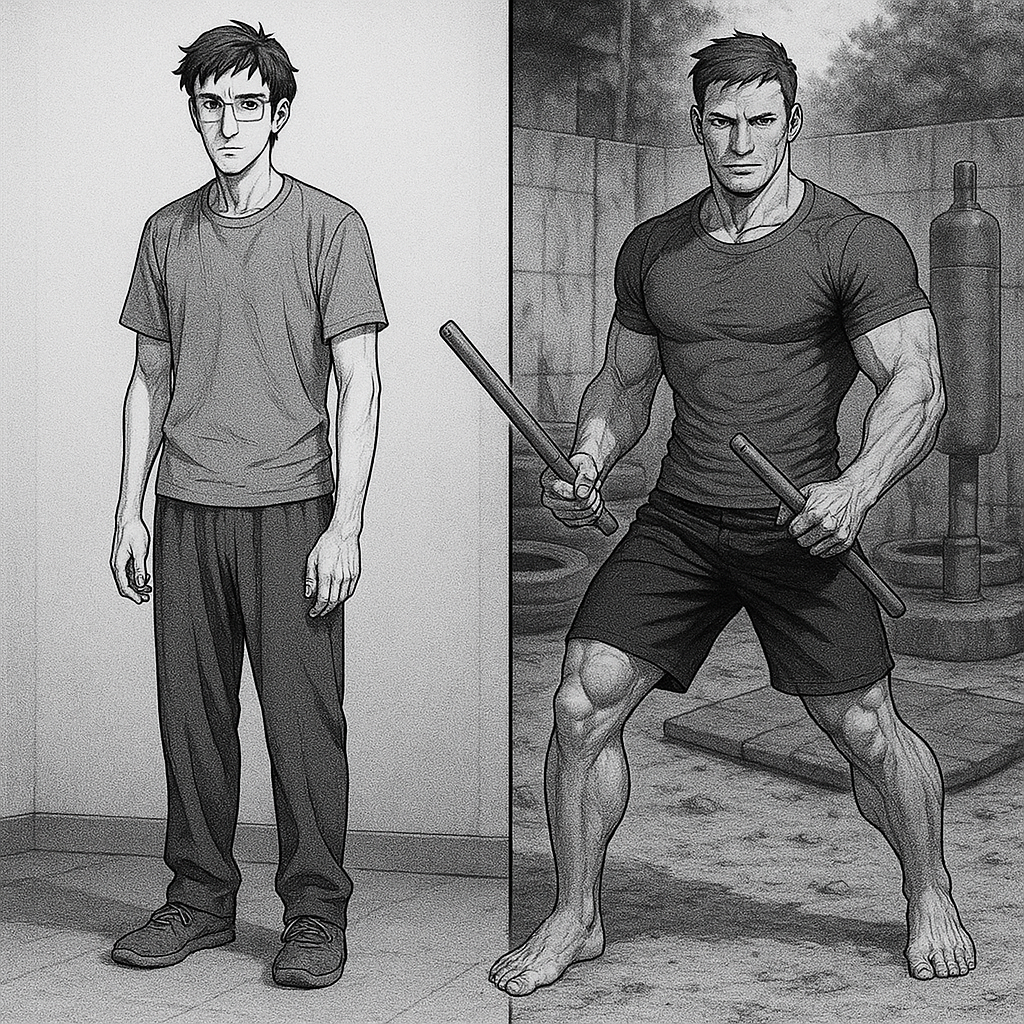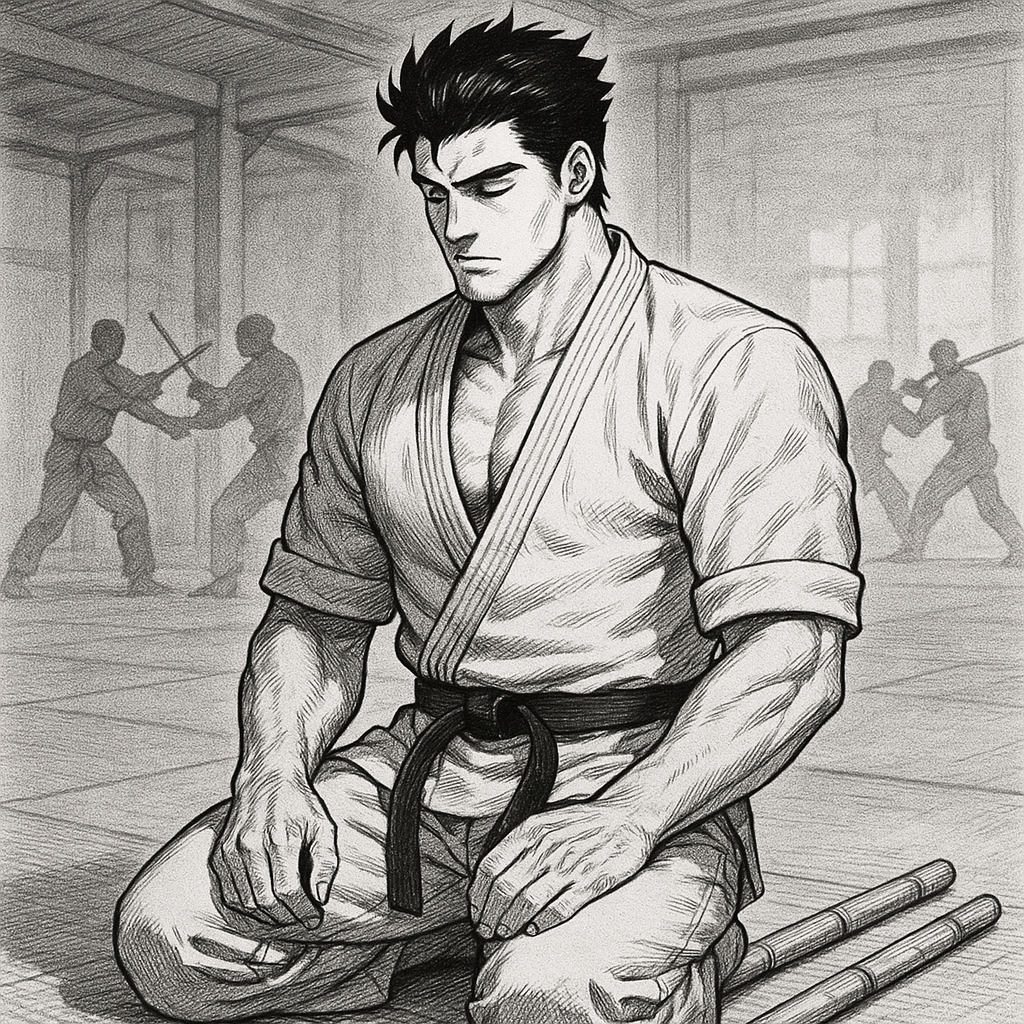I’ve been turning over a simple question lately: What exactly are martial arts?
Yes, there’s the literal definition—“arts of war”—but that doesn’t really tell you much. It’s like saying a guitar is “a stringed instrument.” Cool. Now what?
So let’s go a step deeper.
There’s the classic question we ask students: Why do you train?
I’ve written before about big-picture reasons—to protect yourself, build confidence, manage stress, improve discipline. But beyond the why, we should also ask:
What are we actually doing when we train?
A Broad Set of Mission-Specific Skills
When I think about this, I find myself borrowing ideas from the military—via friends, family, books like Expeditionary Force, and podcasts like Kinda Consensual (yes, I listen to too many of those… and yes, I’m a cliché: middle-aged dude, loves military sci-fi, owns multiple water bottles).
Here’s where I landed:
Martial arts are the skills required to accomplish objectives under stress.
That’s it.
In a military context, that might mean operating a rifle while under fire or landing a $70-million jet on a floating runway in hurricane conditions.
Those abilities aren’t magic. They’re trained step-by-step, drilled over and over (and over and over), and maintained relentlessly. Pilots must fly a certain number of hours to stay certified. Infantry have to requalify with their rifles.
It’s not about knowledge. It’s about capability under pressure.
The “Non-War” Martial Arts
So what about us—those of us not deploying to war zones?
In the dojo, we’re not practicing to storm beaches. But the structure is surprisingly similar.
We spend hours repeating techniques, honing patterns, training reactions until they’re automatic. Not because we want to be robots, but because instinct beats intention when things get real.
Training stress helps prepare us for life stress. We learn to recognize danger, regulate emotions, and function under pressure.
And if you’re like me—middle-aged, desk-bound, and slowly turning into a sentient loaf of sourdough—it helps you get your health back on track too.
The Crushing Absence of Novelty
There’s a reason Bruce Lee’s quote shows up on every dojo wall:
“I fear not the man who has practiced 10,000 techniques once, but the man who has practiced one technique 10,000 times.”
Most people come into martial arts looking for an experience—and hey, that’s fine! It’s exciting, it’s cinematic, it’s cool.
But the real power of martial arts isn’t in collecting techniques. It’s in transforming behavior.
That transformation comes from repetition. Endless, boring, frustrating, rewarding repetition.
It’s not glamorous. But it’s effective. And when the pressure’s on, it’s the boring stuff that shows up and saves your ass.
Final Thoughts
So what are martial arts?
They’re not just fighting styles. They’re structured ways to build functional skills under stress—whether that’s in combat, competition, or just dealing with a bad day without flipping a table.
And if all else fails, at least you’ll look cool doing pushups.
